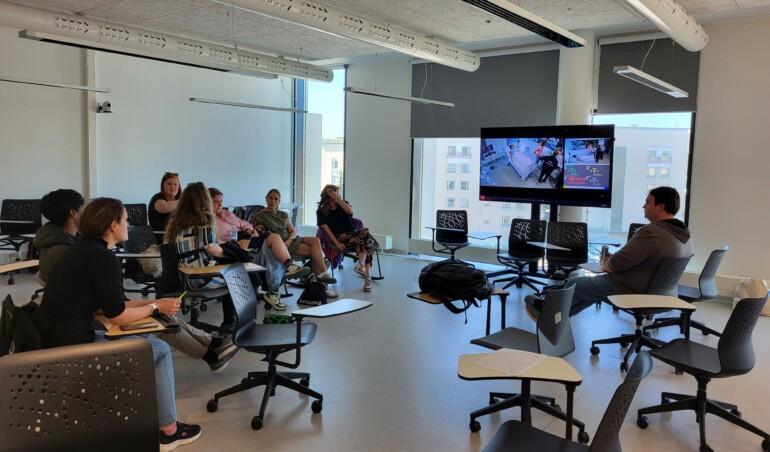Multidisciplinary simulations in an international environment
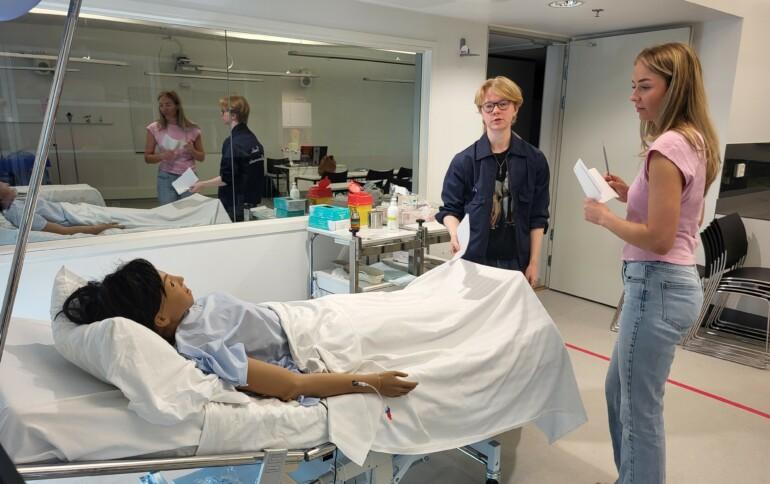
Health care student Minna Ivanainen from Diak’s Helsinki campus participated in the BIP course for the second time. Previously, she attended a course in Oslo.
– I have a small child so I couldn’t go on a longer exchange, thus I became interested in the opportunity to gain international experience through an intensive course. I’ve heard that more courses are coming, which I’m also interested in, Ivanainen says.
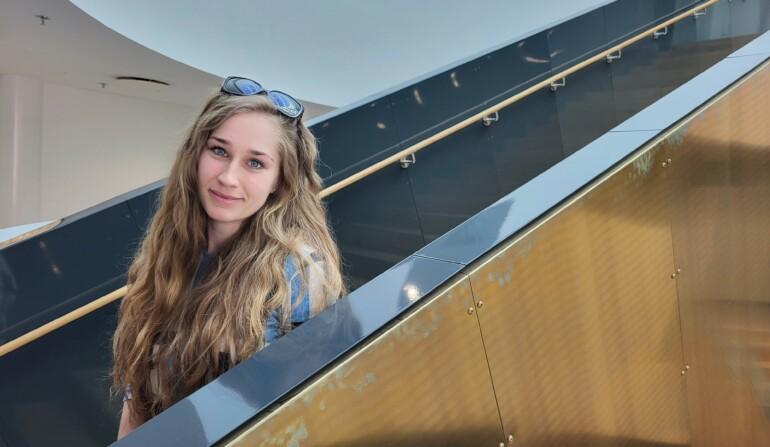
In the simulation course, students had the chance to search for information and simulate healthcare case scenarios. The BIP simulation course allows students to learn how nursing is practiced in different countries.
– Although the care might be the same, practices, systems, and procedures in the healthcare sector vary between countries. The course also provides an opportunity to practice teamwork, Ivanainen says.
Elina Patosalmi, a student studying to become a nurse in Oulu, joined the BIP course on a teacher’s recommendation.
– The best part has been stepping out of my comfort zone and challenging myself. The course allows you to get to know people from different nationalities. I highly recommend participating. The atmosphere has been very relaxed, and it has been easy to get to know others. The simulations have also been rewarding and educational, Patosalmi says.
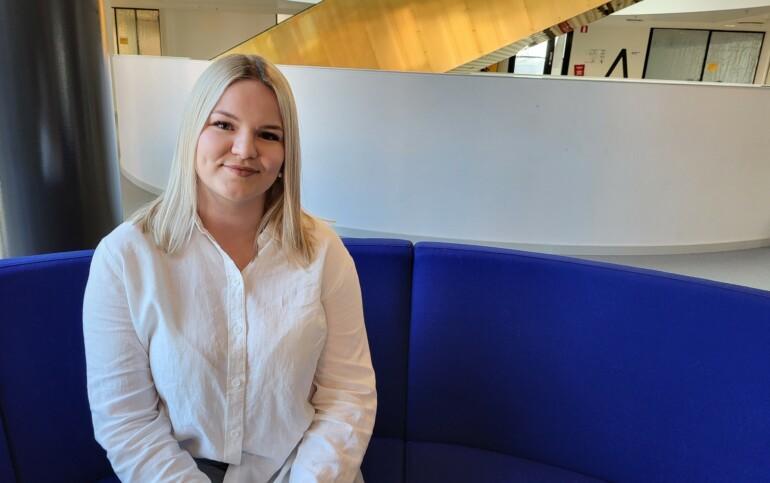
Professional and social skills
The BIP course consists of remote studies and a one-week intensive session at a partner university in Finland or abroad. The BIP simulation course organised at Diak included students from VID Specialized University in Norway and Karel de Grote University College in Belgium. Many were attracted to the course by the opportunity to travel to Finland.
– I love traveling and wanted to get to know Finland. I am studying to become a nurse, and it was interesting to learn about nursing studies in Finland. Although practicing simulations with people from different countries takes longer, you learn new ways of doing things, says Emma Thormodsæther from Norway.
On the BIP course, students study intensively, but there is also a lot of cultural exploration and social activities. Yannick Scheers, a student from Karel de Grote University College likes the combination.
– Professionally, I have learned a lot. However, it’s not all about studying all the time; there is also free time organised by Finnish students. I find the BIP course a great way to learn and gain experience in new situations, he says.
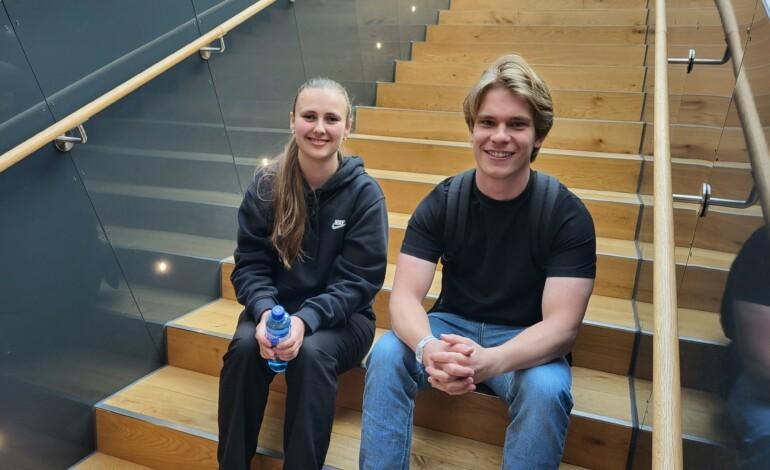
Learning from each other
The BIP course offers opportunities not only for students but also for teachers. Although simulations are conducted at all the participating partner universities, it is beneficial to see how the related guidelines and practices vary.
– For instance, we have learned about the quick, short simulations done in different countries. At Diak, we are used to conducting longer simulations including preparation, the simulation and debriefing, so these quick simulations are an interesting new way to work, says a health care lecturer Tiina Ervelius from Diak.
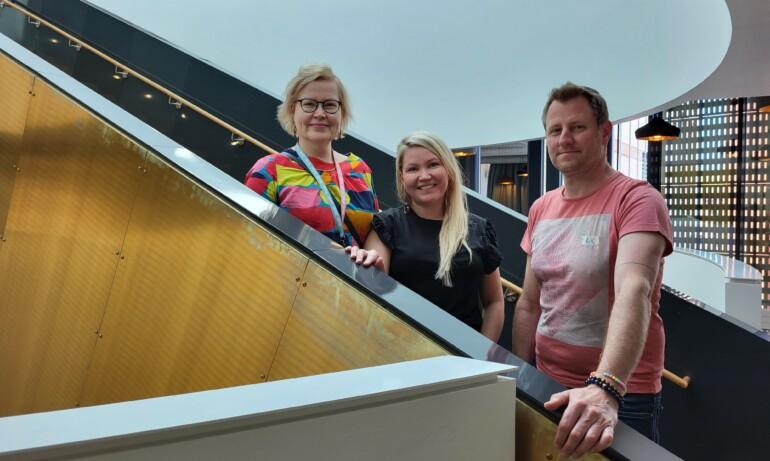
Overcoming language barriers
Many considering participating in an international BIP course might worry about their language skills. A lecturer from Karel de Grote University College, Rik Depauw, sees BIP courses as an opportunity to challenge oneself.
– At first, students might find it difficult to participate in simulations with those who have studied longer or speak different native languages, but I encourage them to dive in, he says.
Sometimes language barriers can also lead to funny situations. It’s good to remember that English, the working language of BIP courses, is often not the native language of any participant. Minna Ivanainen encourages everyone to participate.
– My English skills were not the best either, but I often want to join situations where there’s a chance to develop and grow. You learn a lot in teamwork, and the BIP course provides many tools for working life, she says.
– If you’re wondering whether it’s worth going or if you can – it is worth it, and you can. You can even learn more and might make new friends, Tiina Ervelius encourages.
